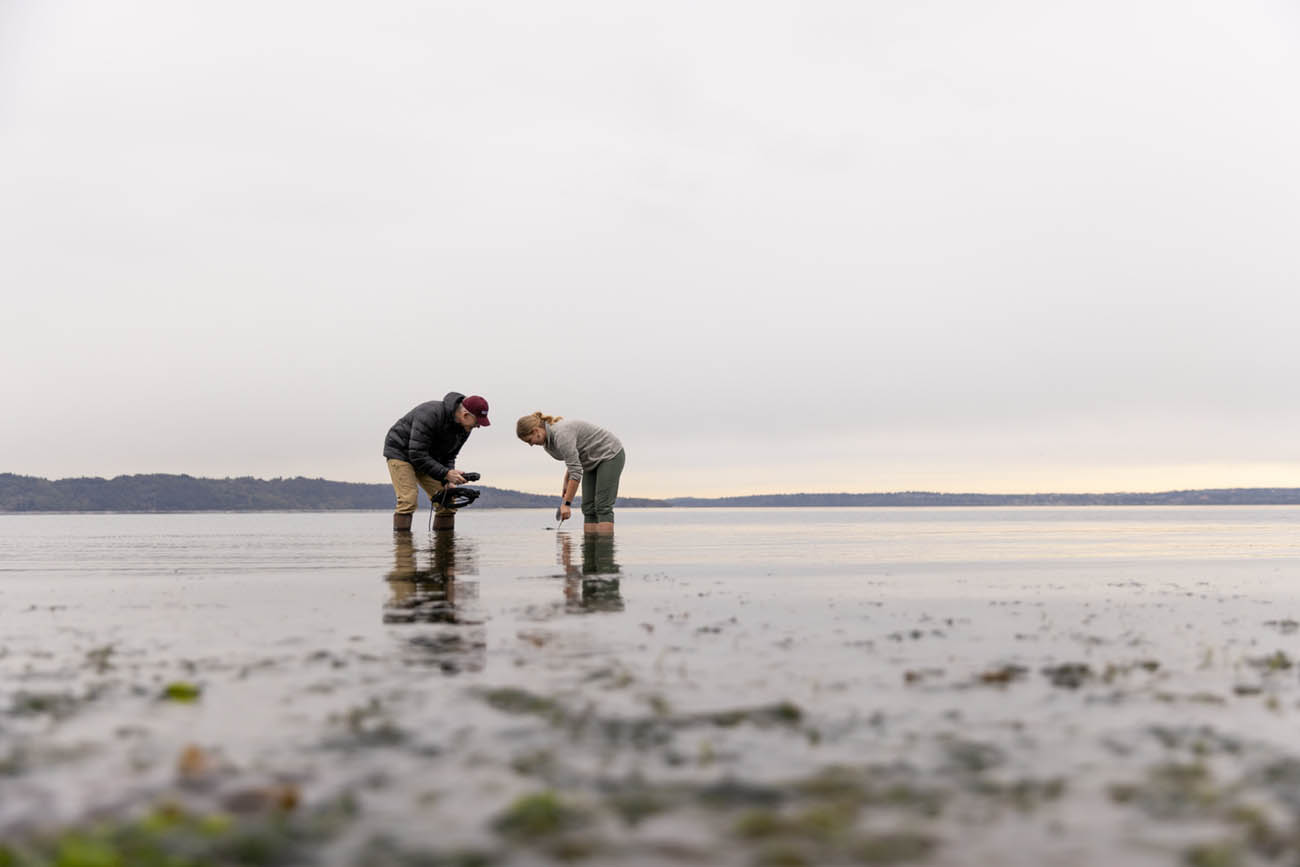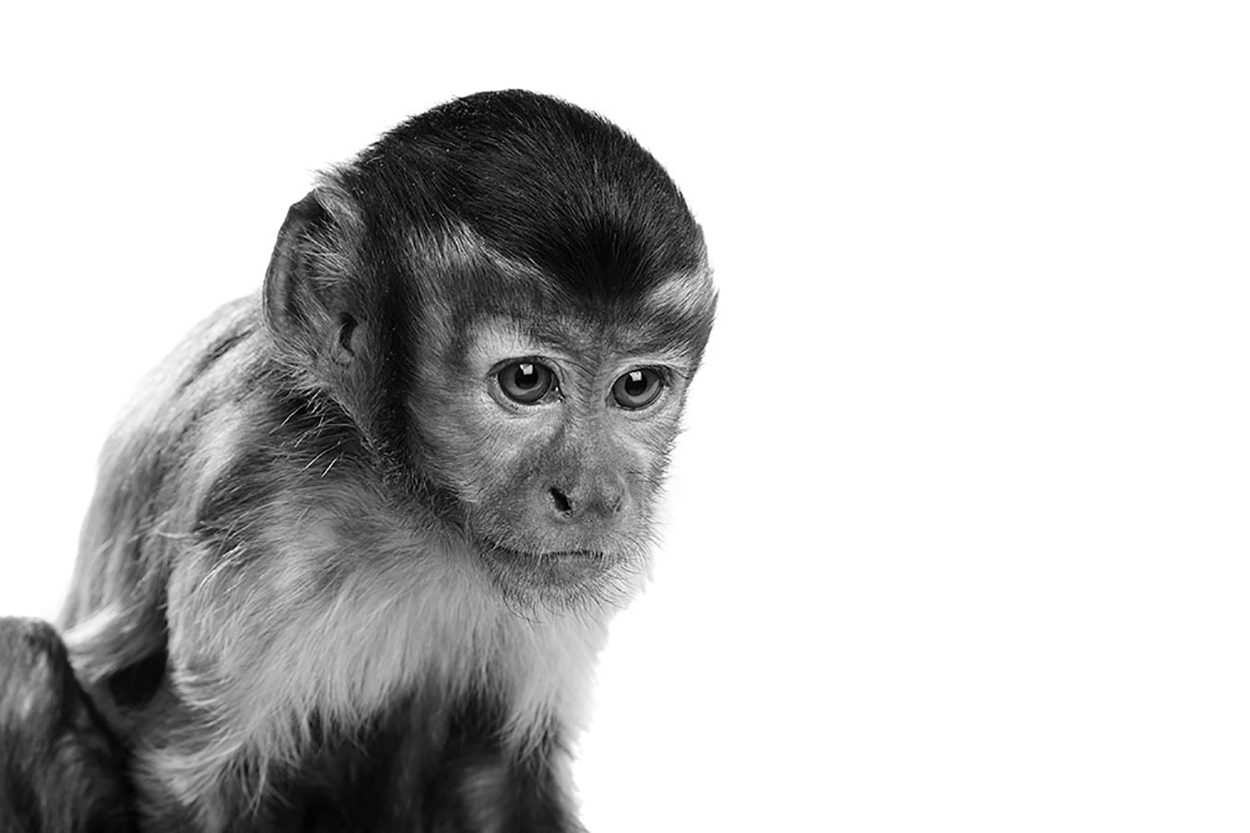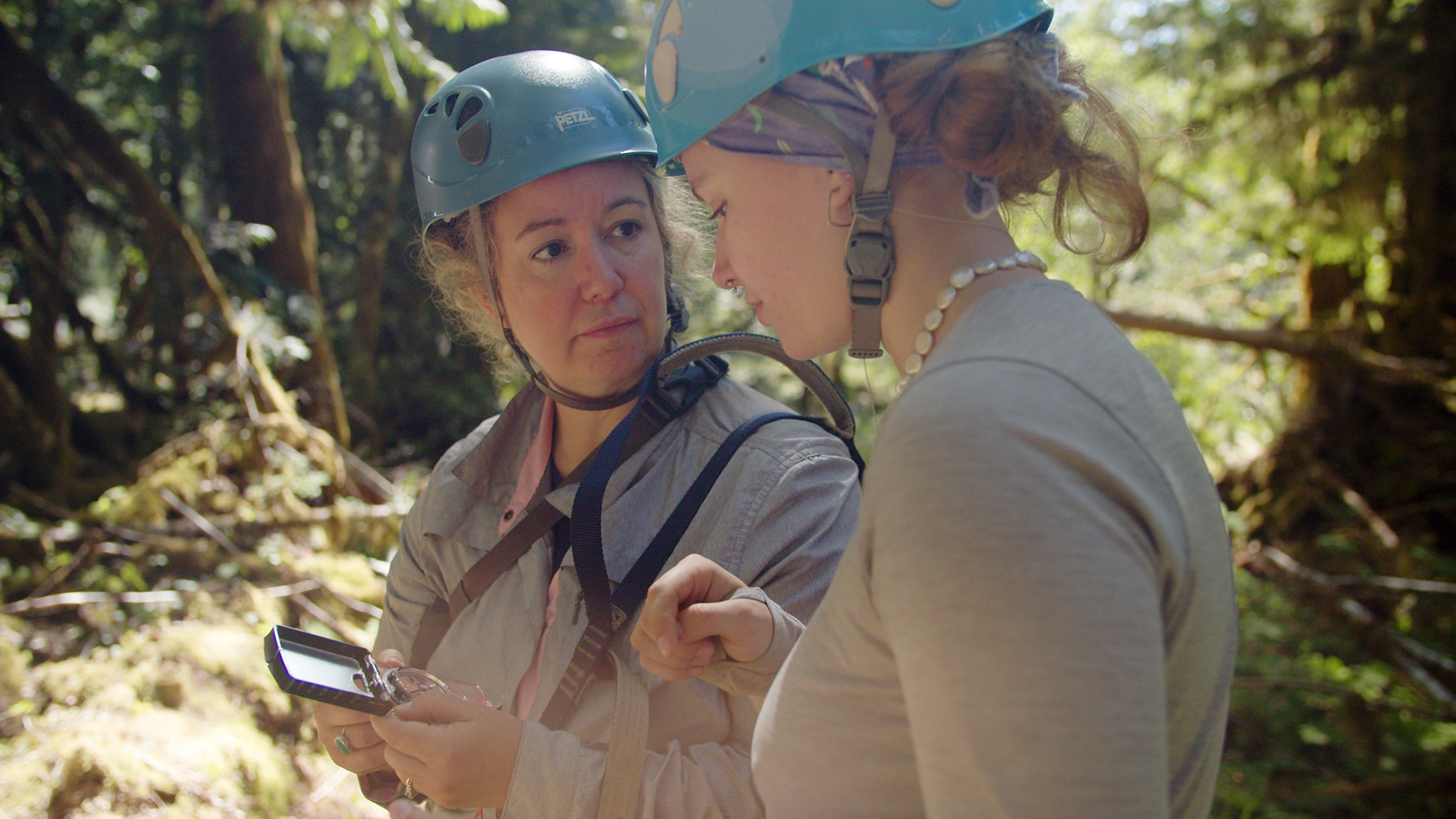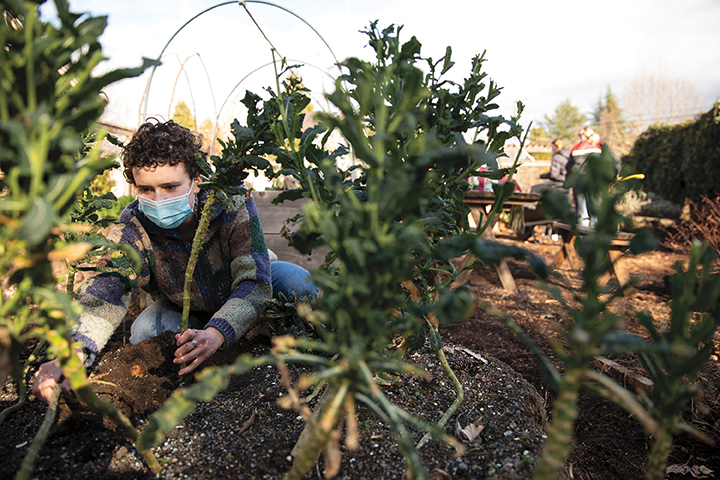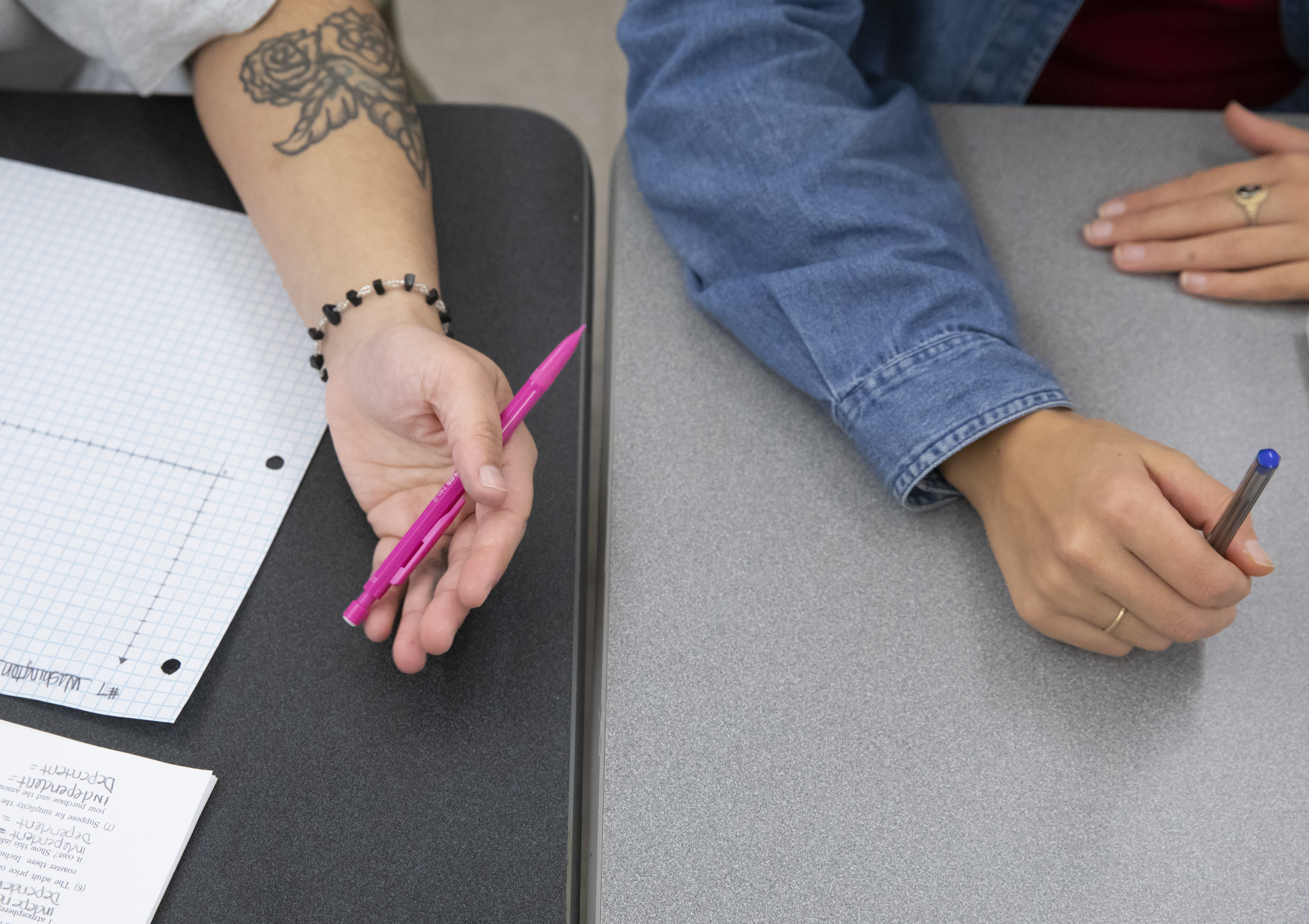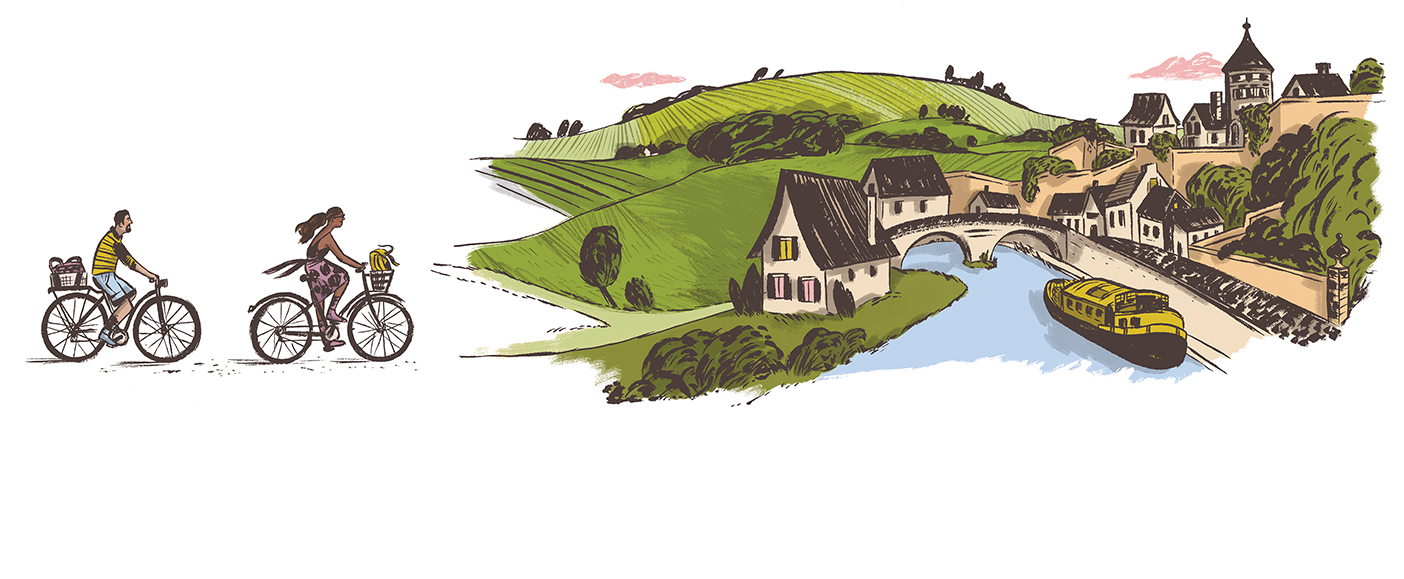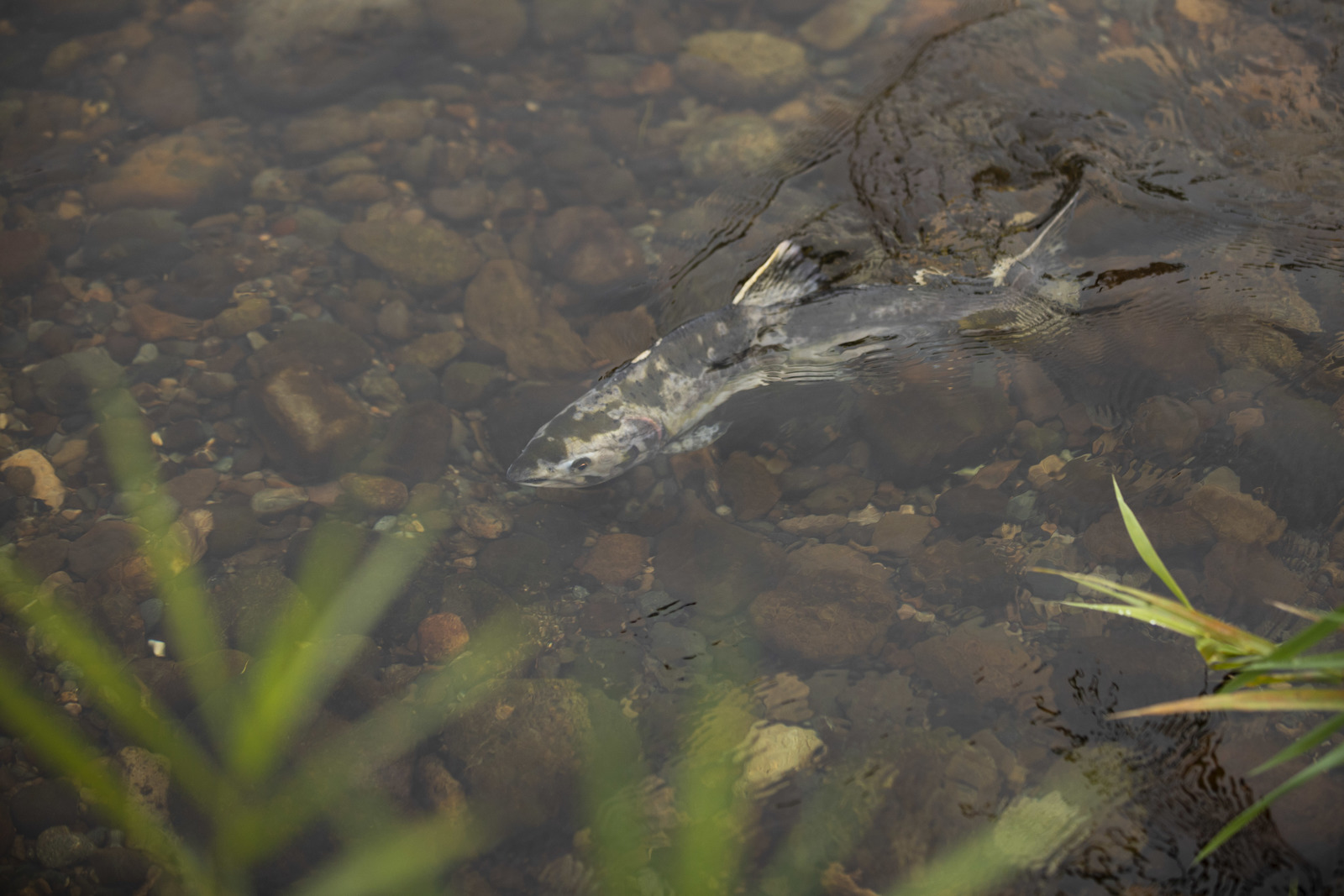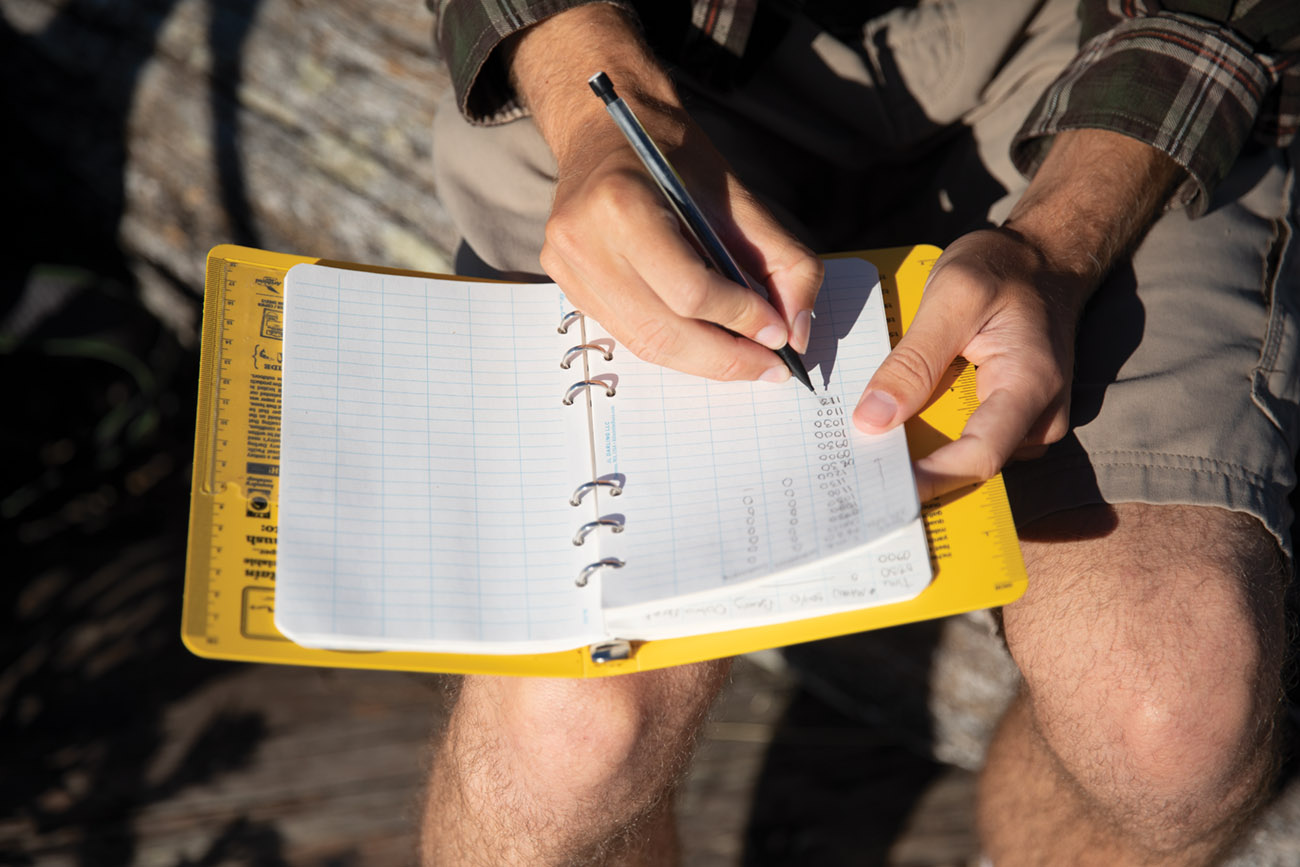For Megan Mooney ’23, spending time in the muck next to the Puget Sound led to finding an important new parasite.
Megan Mooney ’23 stepped onto campus in 2019 a declared biology major—unusual, since students usually take the first year to decide—and high expectations for her college career. The valedictorian of her high school in Arvada, Colo., Mooney was determined to do just as well, if not better, at Puget Sound. “I just hit the ground running,” says Mooney on a bright April afternoon, sitting in the courtyard outside Oppenheimer Café.
“This is a school where, if you get to know your professors, they become your community, cheering you on. It made me feel like I could do everything I set out to achieve.”
“Everything” feels apt. Mooney was quickly invited to the Phi Eta Sigma honor society, added a major in environmental policy and decision making, joined Pi Beta Phi, and signed up to be a resident assistant the next fall. Today, she sits on both the ASUPS Finance Committee and the Faculty Senate’s Academic Standards Committee, is a member of honor society Phi Beta Kappa, and volunteers at the Tacoma Boys and Girls Club.
Mooney figured a career in biology would allow her to maintain her strong connection to the outdoors, cultivated by weekends spent hiking with her family. Students often don’t get involved with research until their sophomore year, but Mooney knew that technically, there wasn’t anything stopping her from getting a head start. She hung back after class one day and asked biology professor Alyce DeMarais if she needed any research help. She started in DeMarais’ lab the next day.
When DeMarais retired in 2020, she pointed Mooney toward colleague Joel Elliott, who studies the ecology and evolution of aquatic organisms, from sea star wasting disease to microbial interactions in eelgrass. Elliott was studying pathogens that infect seagrass roots and had discovered a parasite that was infecting the roots of seagrasses worldwide, which in turn affected marine animals that depend on eelgrass for habitat, food, and shelter. At their first meeting, he presented Mooney with a list of questions related to his research, telling her to pick whichever looked most interesting. She couldn’t tell eelgrass from seaweed, but found Elliott’s passion for the subject—and how much was still unknown about the parasite he had discovered—compelling.
